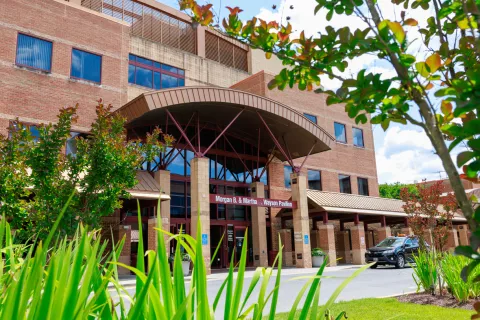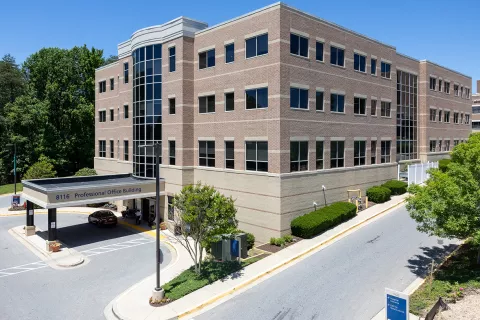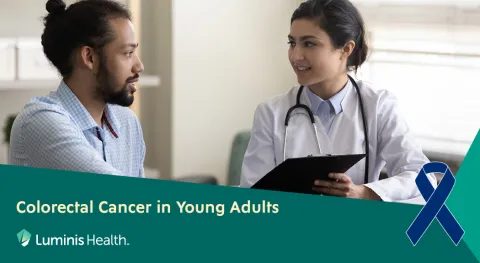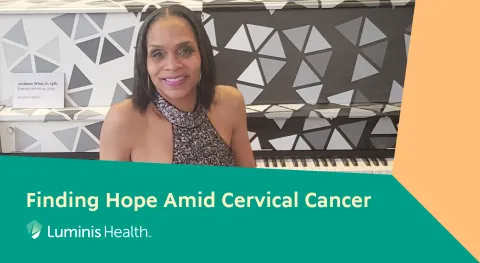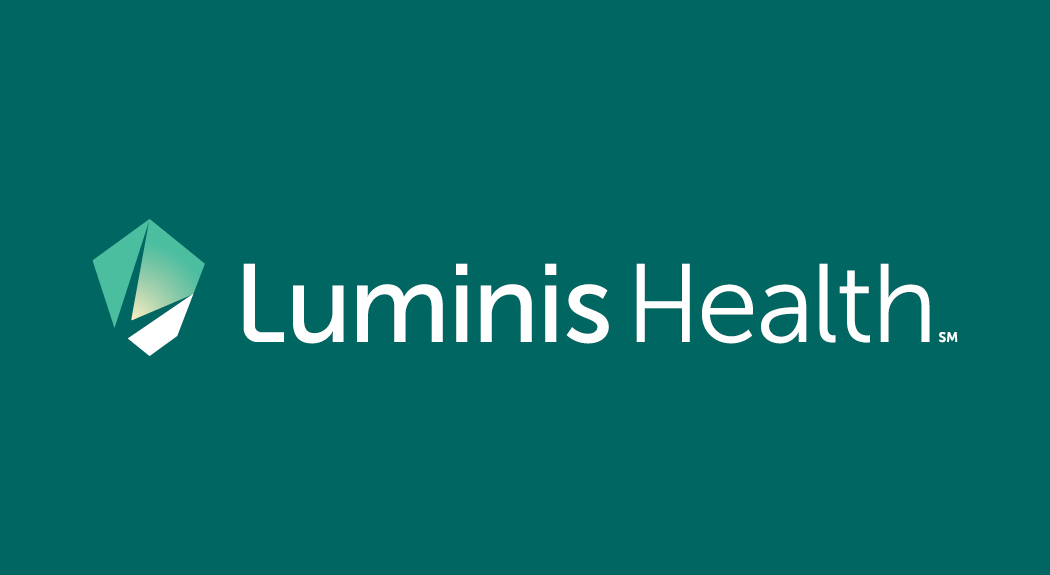We treat all types and stages of lung cancer and help connect you with others who've battled the disease. We also offer the support you need to quit smoking.
What Is Lung Cancer?
Lung cancer develops when abnormal cells form in the lungs and grow out of control. The cancer sometimes spreads to other parts of the body.
According to the World Health Organization, lung cancer is the second most commonly diagnosed cancer worldwide after breast.
Smoking and lung cancer
Smoking cigarettes is the most common risk factor for developing lung cancer. In fact, the Centers for Disease Control and Prevention links smoking to 80% to 90% of lung cancer deaths. However, lung cancer among non-smokers is also on the rise.
If you're currently smoking, we offer the support you need to quit.
